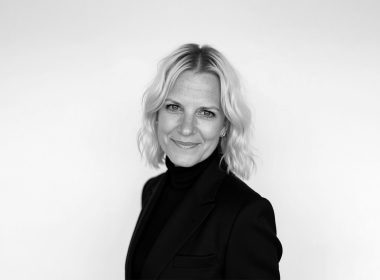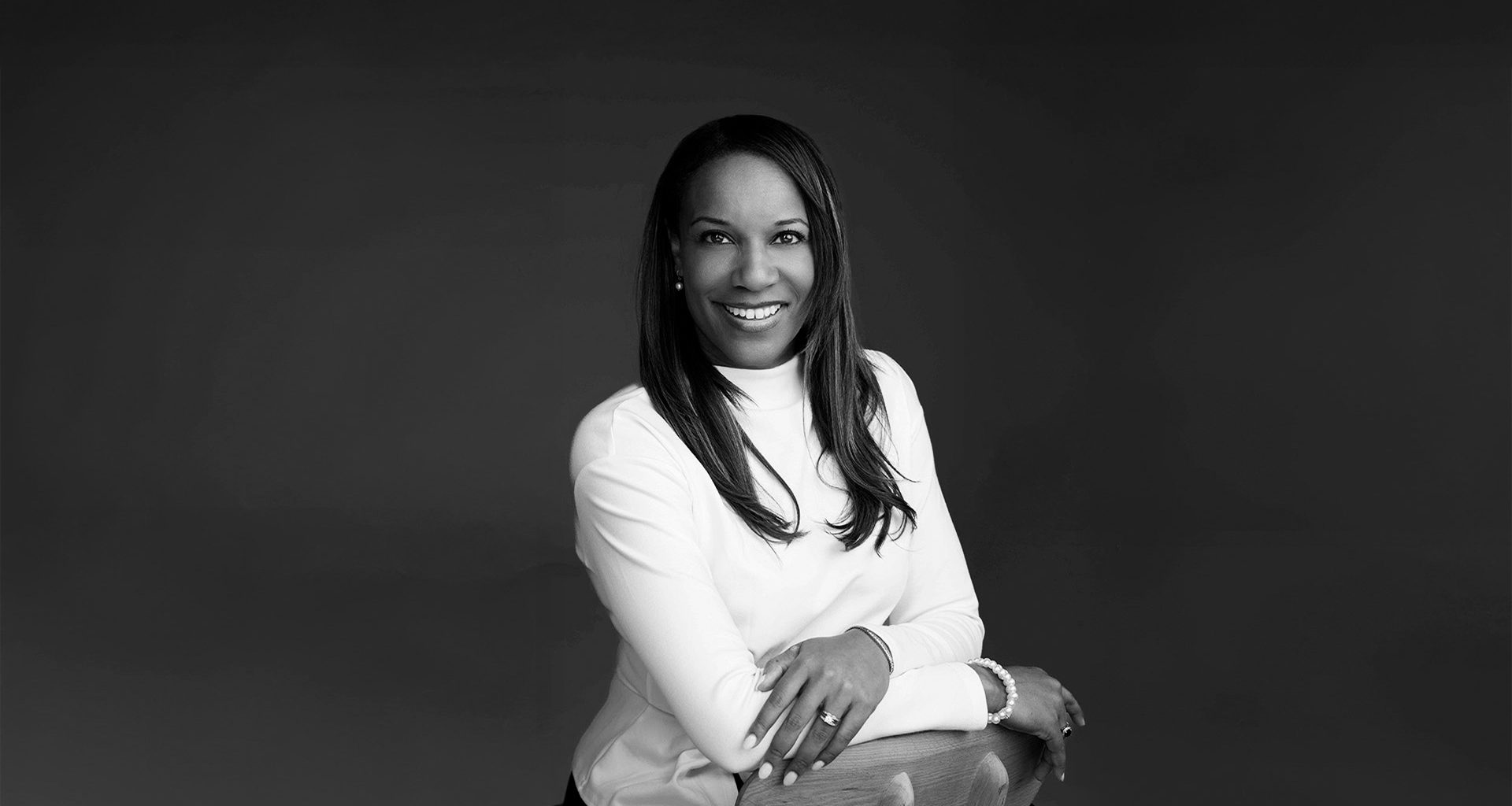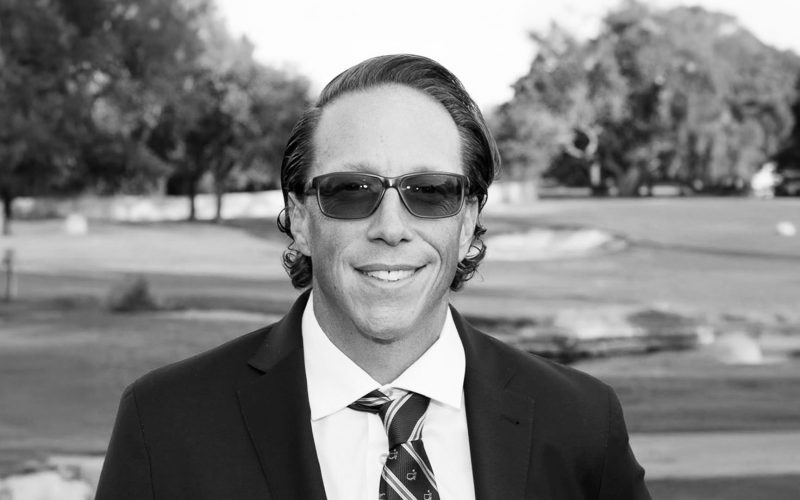The conversation around leadership is changing as more women step into entrepreneurial roles and challenge traditional business norms. Among the voices shaping this evolution is Dr. Melissa Patton, author of the Grit and Growth Workbook and the upcoming book Level Set to Level Up: The Unfinished, Unmasked, Unapologetic Me (coming out in the fall). Her journey from a Division 1 athlete to a tenured professor to the founder of a thriving, multi-location education company offers a fresh perspective on what modern leadership looks like. Her story is one of resilience, bold choices, and a deep belief in building inclusive ecosystems that give others the chance to thrive.
Shifting from Academia to Entrepreneurship
Dr. Patton’s path to entrepreneurship wasn’t straightforward. As a Division 1 track athlete, she jokes that she spent years “running around in circles chasing nothing.” Like many athletes, she was left wondering what came next after graduation. That uncertainty led to a 20-year career in education, where she steadily climbed the ladder from professor to dean to chief academic officer. But there came a moment of reckoning. During a faculty meeting, she realized the work she was doing no longer aligned with where she wanted to go. “I was pushing a boulder up a hill, and I needed to stop because the boulder was not going to get up there,” she recalls. That clarity pushed her to make a bold decision; leave academia in her 30s and build something of her own, something that would disrupt the educational ecosystem.
With her husband, she invested their savings to start an education company centered on STEM, space, and physical literacy. Her mission was clear: “I wanted to reach children who didn’t necessarily have access, kids in rural areas, urban communities, or whose parents weren’t astronauts or engineers,” she says. What started as a vision quickly became a thriving enterprise. In just six years, they opened six locations, built a team of 75 employees, and expanded into multiple business lines, including a nonprofit, a franchise, a school, and a product company.
Using Fear to Drive Decisions
When asked where her courage comes from, Dr. Patton is refreshingly honest; fear has always been part of the equation. “Fear will kill you, stabilize you, and immobilize you. But you have to realize that fear is just a defense mechanism,” she says. Rather than letting fear hold her back, she’s learned to use it as a motivator. “Most people stay in the average zone because taking risks feels too frightening. But those who want to be trailblazers, who want to move forward and make a difference, they have to take risks.”
Her background as an athlete shaped this mindset. “Every time I would step up to the line, I literally had just puked or was getting ready to puke. I was nervous. I didn’t know the outcome, but I knew I wanted to do my best. So, I used that nervousness and that fear to catapult me.”
For women, she adds, fear can be even harder to manage. “Women are more prone to think about the what-ifs because we might have other responsibilities and let’s be honest, we have a lot of competing physiological things going on.” And often, the lack of visible role models makes it worse. “When you cannot see it, then you cannot believe it,” she says, reflecting on the limited number of women leaders in industries like space and tech.
Three Ways to Build Better Ecosystems
Dr. Patton believes that for women to lead effectively, they need to focus on a few key practices:
Get a Coach – “I’m a firm believer that everyone needs a coach. I’ve had coaches when things were going well, and I’ve had coaches when I felt I was in the basement dealing with some really tough stuff. I appreciate the concept of coaching so much, that I’ve added coaching to my firm’s offerings.”
Build a Tight Circle of Trust – “You need to have people in your circle that you can rely on to support you and help you,” she says. But she’s realistic about the challenges. “It’s really hard and incredibly lonely. It’s almost impossible to have friends in the workplace when you’re a leader, it’s important to create boundaries.”
Kill the Imposter Syndrome – This is something she’s passionate about, because she also struggles with it. “Women have a tendency to develop this complex thinking ‘I’m not good enough’ or in my case as a student athlete, ‘I’m not fast enough.’ It’s garbage. STOP doing that to yourself! It’s debilitating and does nothing for us but cause us to lead with a lack of confidence and focus. A lot of it is just made up.”
Embracing the Future of Work
Dr. Patton’s athletic background continues to influence how she thinks about leadership. “You’re not competing against other people. That’s the difference between sports and industry. You’re competing against yourself,” she says. She also believes women need to stop viewing leadership as a zero-sum game. “As women we need to do a better job of supporting and mentoring other women, instead of seeing them as competition and finding ways to push them out the way.” The best leaders, she argues, build teams that elevate them. “You always want to run in the fastest heat, competing against the best and fastest athletes. You want the most intelligent people on your team to lift you up, and make you and the company look good, and perform at its best.” Hiring and empowering people who might outshine you takes confidence, but it’s what creates strong, lasting organizations.
Looking forward, Dr. Patton is convinced that the future of leadership lies in diversity of thought. “The only way we are going to get to the next level and understand things on a global level is by bringing different players to the boardroom,” she says. A recent experience at @KPMG’s Innovation Summit reinforced this belief. “Experts from completely different fields were solving complex problems together. It was a brilliant opportunity to learn from different types of people. That’s what we desperately need.” She’s equally enthusiastic about technology, especially AI. “We need to embrace AI. It’s not going anywhere. It actually helps me stay lean and agile.” Her advice for leaders? Don’t fear it, learn to run it.
For entrepreneurs who get stuck in fear or negativity, she’s unapologetically blunt: “Bad things happen every day. You just have to deal with it. If you’re running an early-stage company and lean into negativity, you’re not going to be in business very much longer.”
Follow Dr. Melissa Patton on LinkedIn for more real talk on fearless leadership, space innovation, and scaling impact-driven ventures.











